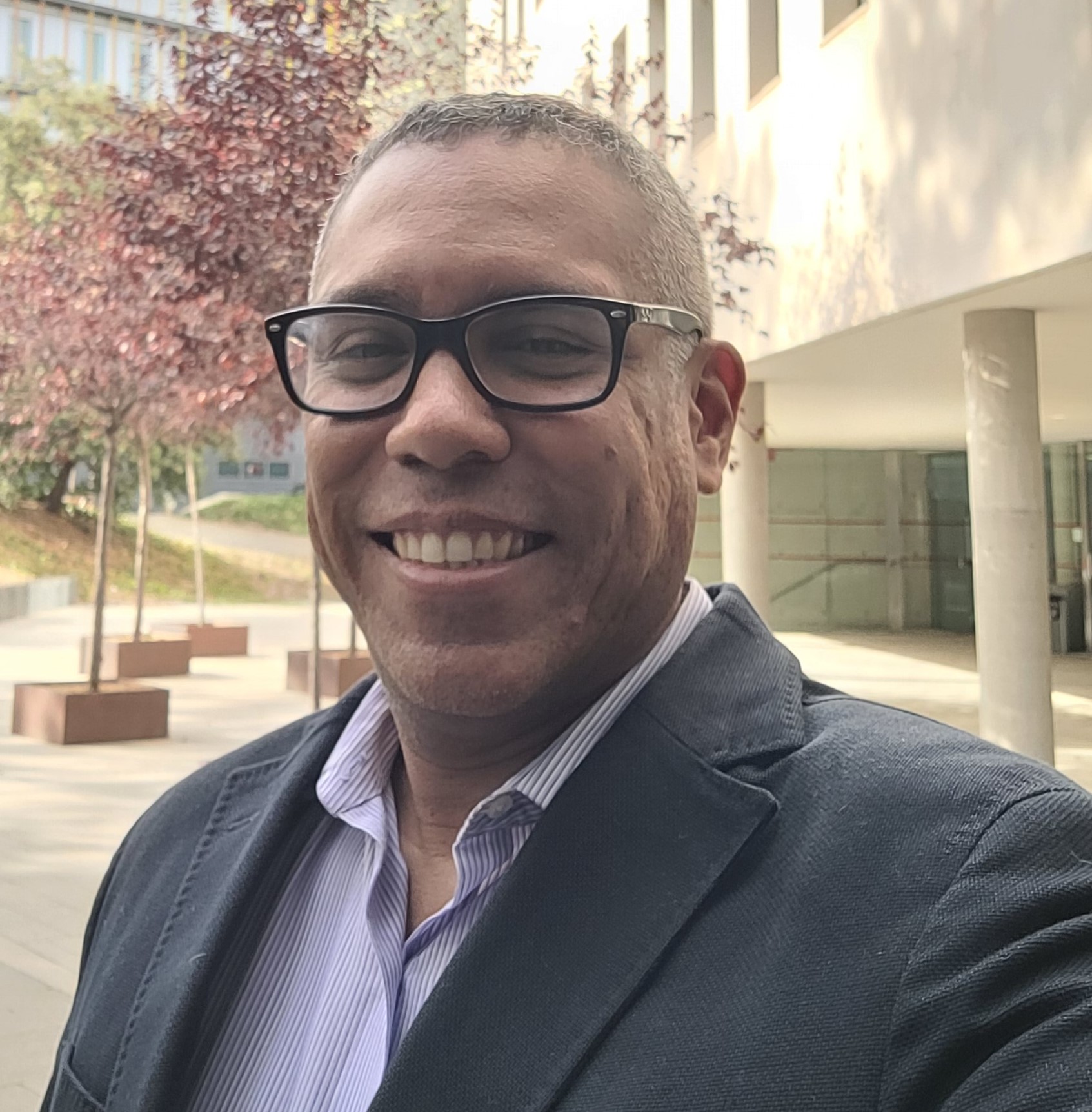Ruiz Wills, Carlos
RUIZ WILLS, CARLOS

Carlos Ruiz Wills obtained a Bachelor degree in Mechanical Engineering in 2005 from the Universidad Nacional Experimental Politécnica (UNEXPO), Barquisimeto, Venezuela. From 2006 to 2008 he worked in R&D department of a Venezuela company being responsible of the Computer-Aided Design team. He received a Master degree in Material Science and Engineering in 2010 from the Universitat Politècnica de Catalunya (UPC), Spain. In 2011, he joined the biomechanics and mechanobiology group at the Institute from Bioengineering of Catalonia (IBEC) as a PhD student. He also was co-founder and member of IBEC PhD Student Committee. In IBEC he developed a composition-based intervertebral disc finite element model that included nutrient transport, cell metabolism and cellular activity-related tissue maintenance. He received a Doctoral degree in Material Science and Engineering in 2015 from the UPC.
In 2015 he relocated from IBEC to the Universitat Pompeu Fabra to be part of the Multiscale and Computational Biomechanics and Mechanobiology (MBIOMM) research team in the SIMBiosys group. His research focuses include: multiscale and multiphysics modelling, mechano-transport simulations, patient-specific modelling, tissue-organ level simulations, and both finite element and agent-based modelling.
Carlos is an active member of the European Society of Biomechanics (ESB), and its Spanish chapter. In 2017 he was awarded with the Spanish Chapter Awards at the 23rd Congress of the European Society of Biomechanics in Seville, Spain. He participated in several research projects:
- Functional prognosis simulation of patient-specific spinal treatment for clinical use (MySpine-FP7-ICT-269909) from 2011 to 2015
- Biomechanical model of the femur for bone densitometry (BioDXA- RTC-2014-2740-1) from 2015 to 2016
- Numerical models for the prediction of femur fracture risk (DENSI3D TSI 100101-2013-109) from 2015 to 2017
- Clinical and virtual examination of patients for holistic and objective description of the osteoarthritis progression mechanisms (HOLOA-DPI2016-80283-C2-1-R) from 2017-2020
- Mechanical resistant estimation of spine vetebrae to prevent osteoporotic fractures (ANDAMIO RTC2019-007413-1) from 2020 to 2023
- Audiovisual and multimadia production as mechanism in popular science - resources creation From 2023 to 2024
He is the reponsible for the Motion Lab at the UPF. At november of 2023 he was elected as a member of the Excutive Board of the Spanish Chapter of the European Sociatey of Biomechanics. Lately, he is interested in the devopment of popular science products.
